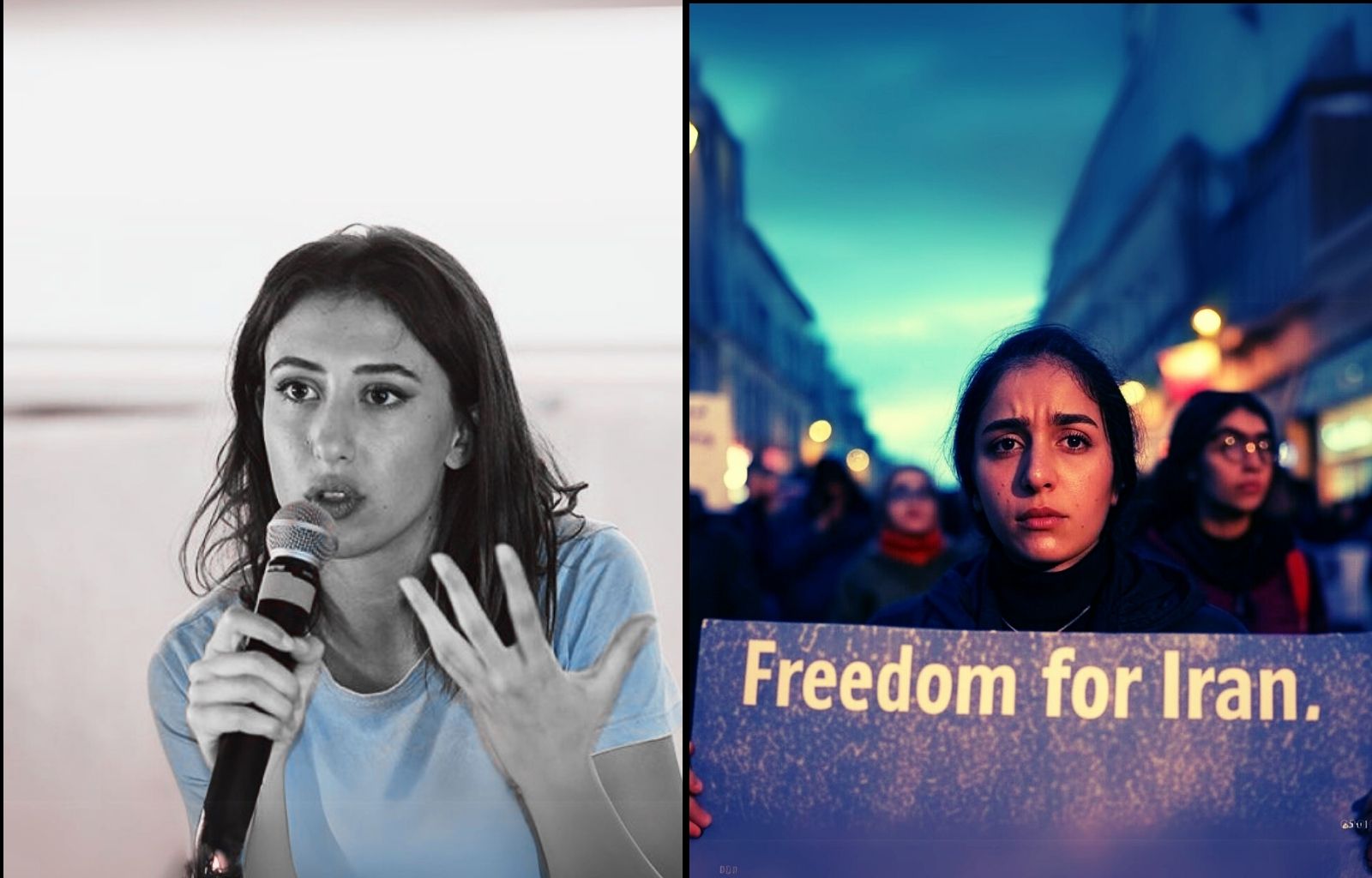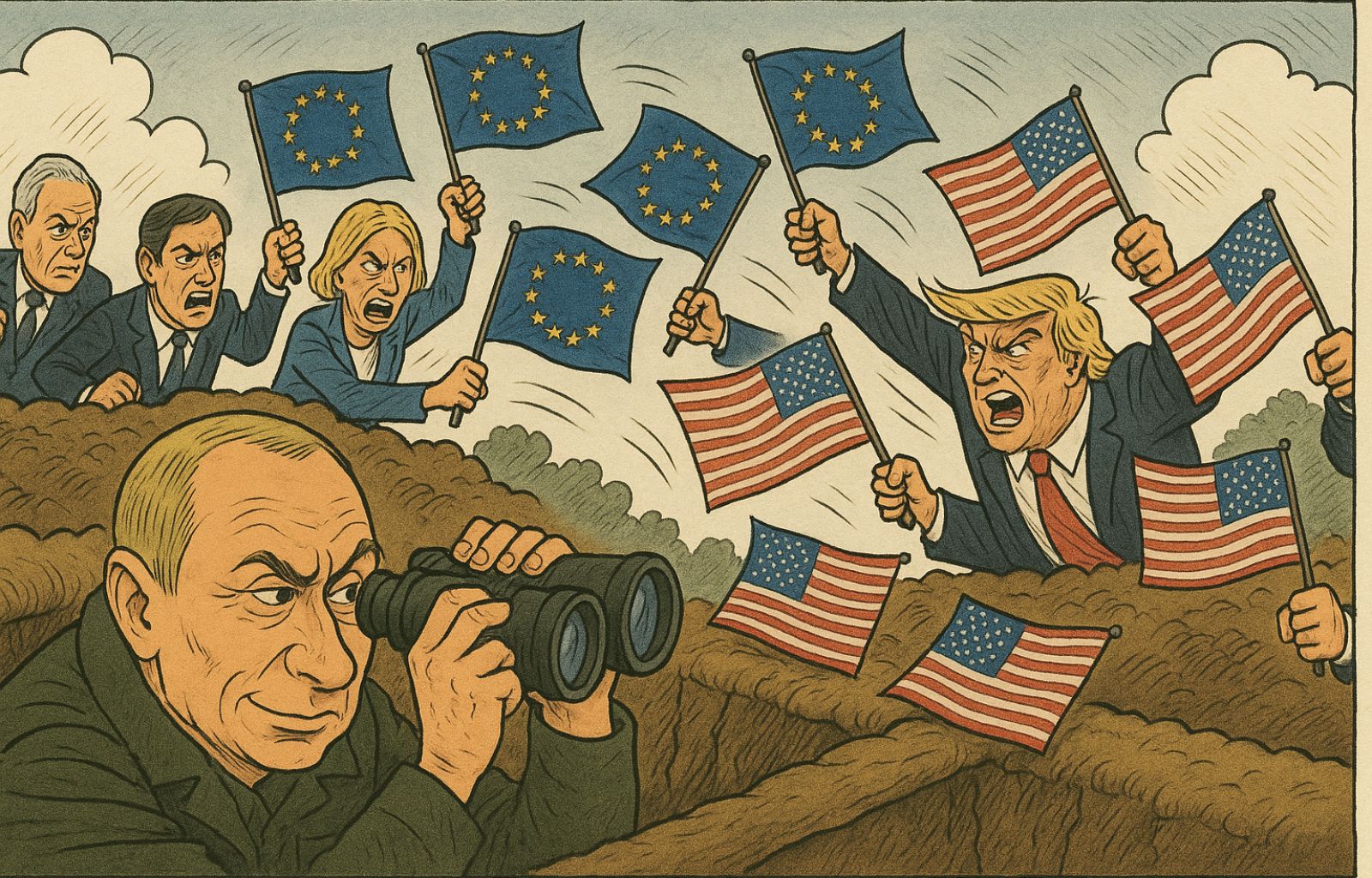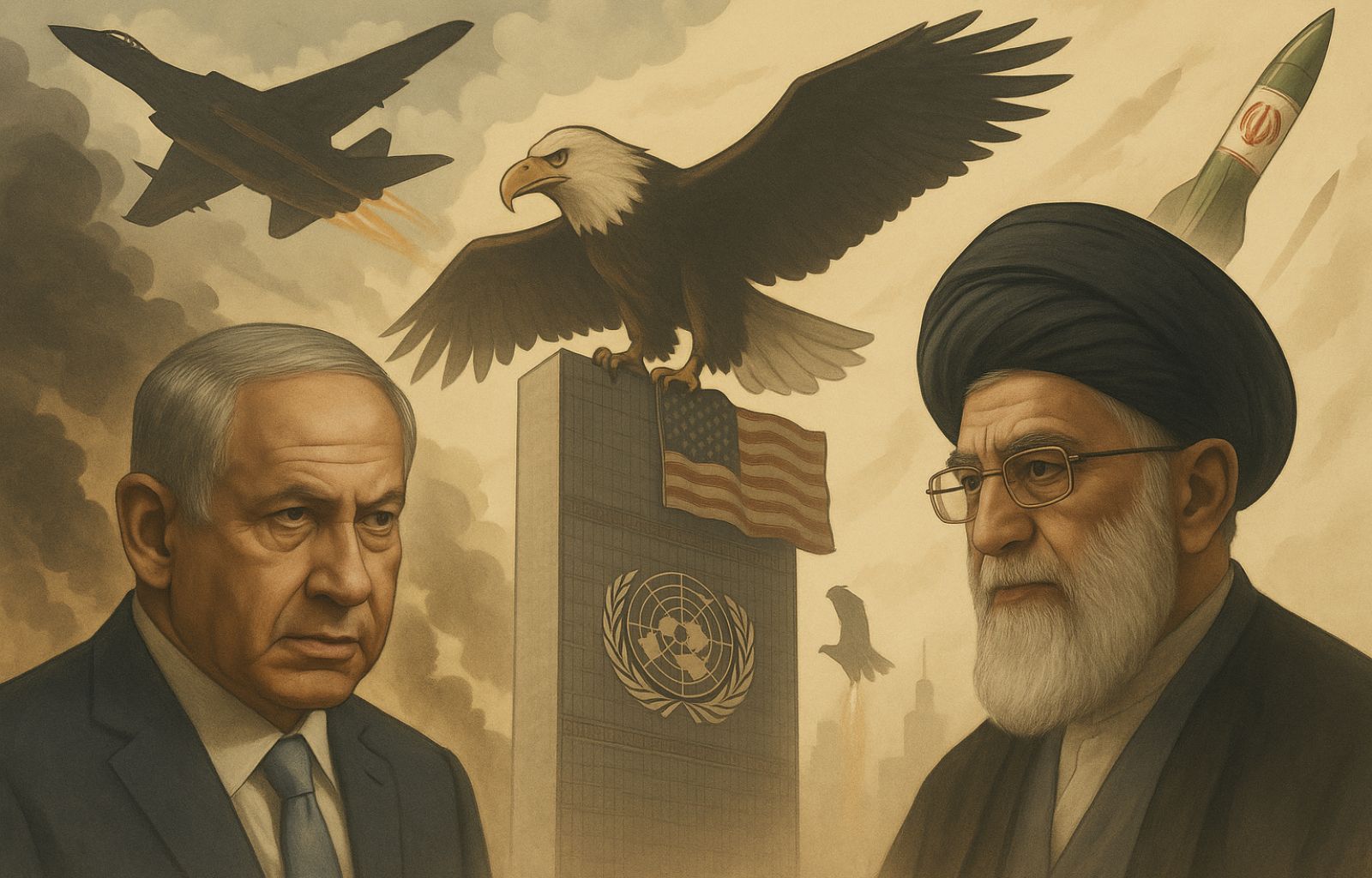Iranian Diaspora: No to Tehran’s blackmail to free Sala, we are at war

The arrest of Italian journalist Cecilia Sala in Iran and her detention in the notorious Evin prison, a symbol of the Islamic Republic‘s political repression, has brought attention back to the practice of‘hostage diplomacy‘, an established strategy of the Tehran regime.
This episode has not only aroused indignation, but also raised crucial questions: firstly, how appropriate is it for foreign journalists to operate in Iran? What strategies can Western governments adopt to effectively counter a policy that exploits individuals as instruments of pressure? Finally, what attitude to take towards the ayatollahs’ regime in such an affair?
Hostage diplomacy’ in the Islamic Republic
The Islamic Republic has been using the arbitrary arrest of foreign nationals as political leverage for decades. This strategy dates back to the 1979 hostage crisis and has evolved over time. According to a report by the Center for Human Rights in Iran, at least 22 Western citizens have been arrested in recent years, often used as pawns to obtain economic or political concessions.
The treatment of Cecilia Sala, therefore, is routine for Tehran. In this case, the timing of her arrest seems to be linked to the recent detention in Italy of Mohammad Abedini Najafabadi, accused of links with the Islamic Revolutionary Guard Corps and on whom an extradition request to the United States is pending. There is no official confirmation of the link between the two situations, and there will be none, but it is now clear even from Farnesina communications that Tehran is seeking an exchange.
The case is reminiscent of the case of Kylie Moore-Gilbert, an Australian academic detained for 804 days in Iran on spurious charges of espionage. In that case too, she was released only after a prisoner exchange, with Iran obtaining the return of three citizens accused of terrorism in Thailand. This shows how the regime systematically exploits the arrests of foreign nationals to gain political or strategic advantage.
Criticism of the choice to travel to Iran
Cecilia Sala’s arrest sparked a debate within the Iranian diaspora and among international observers. On the one hand, many pointed out the imprudence of the decision to travel to Iran, a country where the risk to foreign journalists is well documented. Numerous Iranian activists had already warned of the dangers of being used as political tools by the regime. The experience of Iranian-British writer Nazanin Zaghari-Ratcliffe, who was arrested in 2016 without any concrete evidence, testifies to how frequent the use of such tactics is.
On the other hand, again in the world of the Iranian diaspora, a question of professional opportunity has been raised: some critics believe that Sala was not in Iran to denounce human rights violations, but to report a more positive image of the country than the reality, in some way legitimising or at least not delegitimising government propaganda. Other cases, such as that of Canadian journalist Maziar Bahari, show how the regime tries to influence the way foreign media report Iranian reality.
Moreover, the treatment of foreigners differs significantly from that of Iranian political prisoners. While the latter often suffer torture, denial of medical care and inhuman conditions, foreign prisoners are treated better for their strategic value. This has led some to suggest that by accepting such risks, foreign journalists indirectly contribute to strengthening the regime’s repressive system.
What strategy should the Italian government adopt?
The Italian government must address this situation with a pragmatic and well-calibrated strategy, avoiding emotional decisions that could lead to capitulation to the conditions implicitly set by Tehran. The priority for the Iranian regime is to start a rapid negotiation, also to exploit the emotionality of Italian public opinion. The Italian government should not fall into the trap of haste: the ‘negotiation’ must be complicated and not simplified. Other costs and disadvantages must be put on the table for Tehran. That is, the political and diplomatic cost for the regime must be increased, creating a framework in which blackmail becomes counterproductive.
Engaging European and international partners to increase pressure on the regime through targeted sanctions and isolation measures could be a first step. Isolating Tehran from all its potential regional interlocutors while supporting its adversaries. It could take months, perhaps years: we understand how cruel this seems to Cecilia Sala’s human story, but giving in to the Tehran regime’s blackmail would open the way for future similar episodes. The price to be paid would no longer only affect journalists, but also entrepreneurs, workers, social workers and any Italian citizen operating in Iran. Any concession would strengthen the regime and make all Western citizens, wherever they are, potential targets of similar policies.
A turning point for western journalists
Cecilia Sala ‘s arrest must mark a radical change in the approach of Italian, European and Western journalists towards Iran. From now on, Iran can no longer be considered a place that can be visited or visited for professional reasons. The risks are no longer acceptable, and the regime has shown that it sees foreign reporters as tools for its own political and propaganda purposes.
Iran is not only an authoritarian state, but one of the main actors of the opposing front in the global geopolitical context. Its repressive policy, support for extremist groups and systematic destabilisation of the region are unmistakable signs of a direct confrontation with the West. Does one really need anything else to realise that we are at war?












